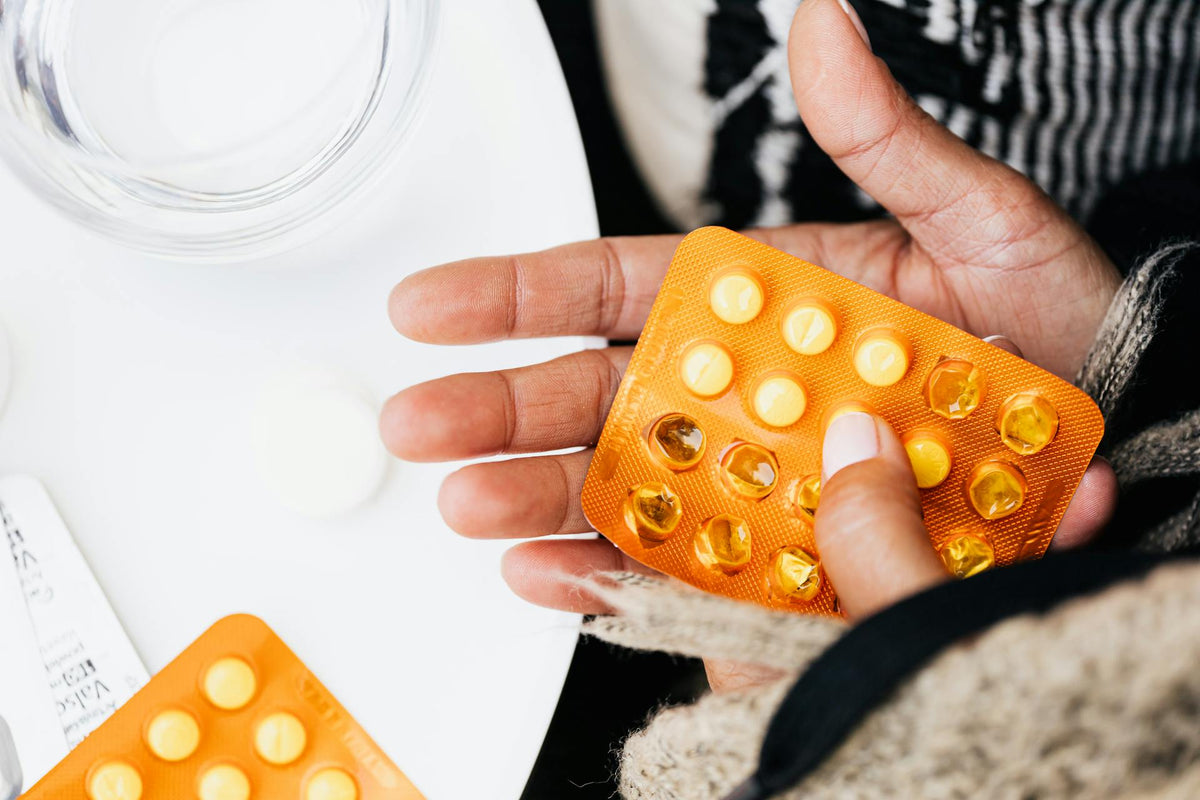


Doxycycline is a commonly prescribed antibiotic used for various infections, including syphilis. When treating syphilis, understanding the proper duration of a doxycycline course is essential to ensure effective eradication of the bacteria while preventing recurrence or resistance. In this article, we explore the recommended treatment durations for doxycycline when treating syphilis, the factors influencing how long you should take the medication, and practical tips for safely completing your course.
Doxycycline belongs to the tetracycline class of antibiotics. It works by inhibiting the bacterial protein synthesis, thereby stopping the growth of Treponema pallidum—the bacterium responsible for syphilis. While penicillin is the first-line treatment for syphilis, doxycycline is often used as an alternative, especially for individuals allergic to penicillin.
When considering how long to take doxycycline for syphilis, it is important to note that treatment durations can vary. Generally, for early syphilis, doxycycline is prescribed for 14 days. For latent or tertiary syphilis, longer treatment durations may be recommended. The exact duration depends on the stage of the infection, the patient's overall health, and any coexisting conditions.
Several factors influence the treatment duration with Doxycycline for syphilis:
Stage of Syphilis:
Early syphilis (primary or secondary) is often treated with a shorter course, typically 14 days. In contrast, latent or late syphilis may require a longer duration to ensure that the bacteria are fully eradicated.
Patient’s Health and Immune Status:
Individuals with a compromised immune system or chronic conditions may need extended treatment. A robust immune response helps clear infections more efficiently, while a weaker system might prolong the treatment course.
Adherence to the Treatment Regimen:
Completing the full course as prescribed is crucial. Interrupting the treatment can lead to incomplete eradication of the bacteria, potentially leading to treatment failure or antibiotic resistance.
Side Effects and Tolerance:
Some patients may experience side effects such as gastrointestinal discomfort, photosensitivity, or other adverse reactions. If side effects are significant, a healthcare provider might adjust the dosage or recommend supportive care, which can indirectly influence the overall duration.
Bacterial Resistance Patterns:
Although resistance to doxycycline in syphilis is rare, it remains a consideration. Ensuring the full treatment course is completed minimizes the risk of developing resistance.
Follow-Up Evaluations:
Regular follow-up appointments allow healthcare providers to monitor treatment efficacy. In some cases, if follow-up tests indicate persistent infection, the treatment duration might be extended.
These factors emphasize the importance of personalized medical advice. Your healthcare provider will determine the optimal treatment duration based on your specific condition and response to the medication.
Adhering to your doxycycline regimen is essential for successfully treating syphilis. Here are some practical tips to help ensure you complete your course effectively:
Establish a Routine:
Set a daily schedule for taking your doxycycline. Use reminders on your phone or a pill organizer to avoid missing doses.
Take with Water:
Doxycycline should be taken with a full glass of water to reduce the risk of esophageal irritation. Ensure you remain well-hydrated throughout your treatment.
Avoid Certain Foods and Supplements:
Dairy products, antacids, and iron supplements can interfere with doxycycline absorption. Follow your doctor’s instructions on what to avoid and when to take these substances relative to your antibiotic dose.
Monitor Side Effects:
If you experience side effects like nausea, diarrhea, or photosensitivity, discuss them with your healthcare provider. They may offer strategies to alleviate these effects without compromising the treatment course.
Maintain Open Communication:
Keep your doctor informed about your progress. If you encounter any issues or concerns during your treatment, timely communication can help adjust the regimen if necessary.
Attend Follow-Up Appointments:
Ensure that you attend all scheduled follow-up visits. These appointments allow your doctor to confirm that the infection has been cleared and to determine if any further treatment is necessary.
Following these tips will help you complete your doxycycline course, maximize its effectiveness, and support a full recovery.
Understanding the proper duration of doxycycline treatment for syphilis is critical for achieving a successful outcome. The recommended duration typically ranges from 14 days for early syphilis to potentially longer courses for more advanced stages. Several factors, including the stage of the infection, your overall health, and your adherence to the regimen, influence the treatment length.
By following your healthcare provider's guidance and incorporating practical adherence strategies, you can effectively complete your doxycycline course and reduce the risk of complications. Completing the full treatment ensures that the infection is fully eradicated, reduces the chance of recurrence, and helps prevent the development of antibiotic resistance.
To complete a B Brand consultation, all you need to do is answer our quick online medical questions. Your answers are then reviewed by our US medical team, who will decide if you are eligible for treatment, and which medication is best for you.
If you’re eligible for treatment, our medical team will issue you a free private prescription. You don’t need an existing prescription to use our service, and we’re unable to accept prescriptions from other sources.
Yes, we use the same suppliers as traditional pharmacies and all of our medications are approved by the FDA.
Yes. We use plain packaging without any branding or identifying labels.
Yes. Your medical data and order history can only be viewed by our pharmacy staff and prescribers. You can view our Privacy Policy for more information.
